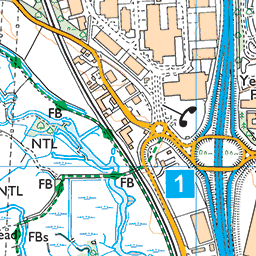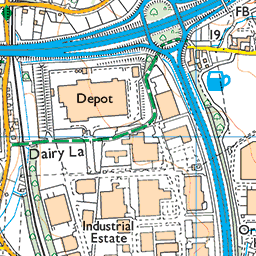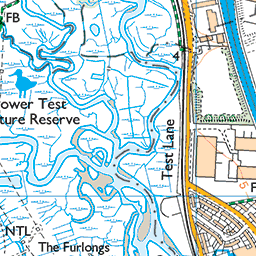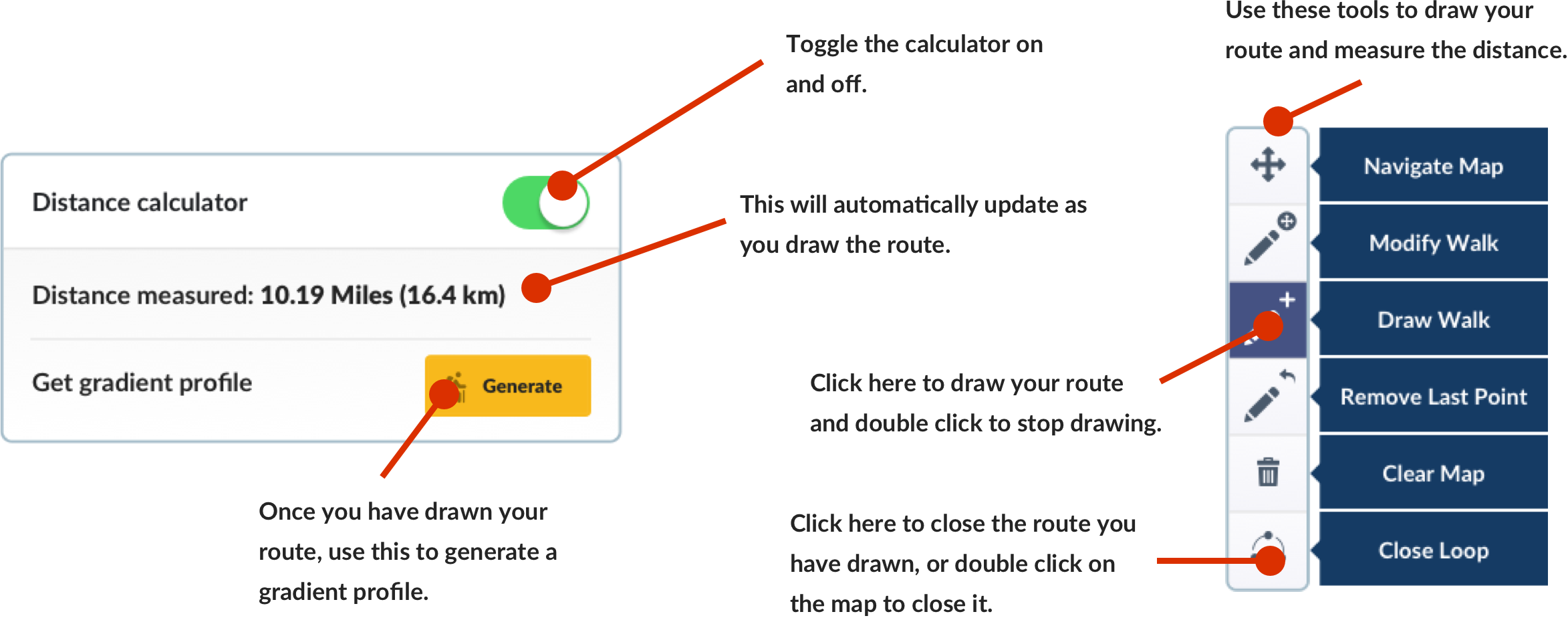Added to your Itinerary Planner below
Distance calculator
Map Filters
Customise your trip with our filters.
Map Filters

Toggle between the options below to show available markers.
General info Equestrian Info Cycling InfoAccommodation
Points of interest
Services
Routes
Accommodation
Points of interest
Transport
Accommodation
Points of interest
Transport


















The custom route elevation is created when you use the distance calculator (above) to draw a line.
The custom route elevation is created when you use the distance calculator to draw a line.

DISTANCE/DURATION: 3.4 miles (5.5 km) 2 hours.
PUBLIC TRANSPORT: Service bus Manorbier 349, railway station 1 mile north (SS069994).
CHARACTER: Rugged coast, cliff edge, gradients, inland prone to be muddy in wet weather.
LOOK OUT FOR: Medieval castle, dovecote and burial chamber.
CAUTION: Deep, concealed fissure on Priest’s Nose headland – keep to public paths.
A walk with valley views, spectacular coastline and a mesolithic burial chamber…
Manorbier stands in a narrow valley carved by two streams and was described by Giraldus Cambrensis as the “most pleasant spot in Wales,” though he was undoubtedly biased having been born in the castle here.
The 12th century castle, which is privately owned and lived in but open to visitors from April to October, is very well preserved with fine gateway and round towers, a Great Hall and a vaulted chapel. The dovecote lies to the west.
The beach below the castle is well used in summer by tourists and surfers. At low tide you may see the drowned forest, the remains of woodland submerged when sea levels rose to their current level somewhere between 3,000 and 10,000 years ago, which has been preserved by salt water and burial under the sand.
On the cliffs above the beach stands the King’s Quoit, a mesolithic burial chamber with a massive capstone standing on only two of its supporters.
If you have time and the tide is low it's worth taking a detour down a steep path down to Precipe beach to get a better look at the fossil-rich red sandstone cliffs (or you can head north inland here on a the public right of way if you feel like a shorter walk).
Manorbier Dovecote, built in the 13th century to provide fresh meat and eggs for the inhabitants of the castle, this building was home to approximately 250 birds. Doves and pigeons laid two eggs about six times a year and the young “squabs” were taken when fat, plump and juicy at 4 – 6 weeks.
Partial restoration of the Dovecote took place in the 19th century and today’s restoration has been achieved by the Manorbier Medieval Landscape Group with generous support from Manorbier Community Council, several private donors and Cadw, PAVS and the Pembrokeshire Coast National Park Authority.


